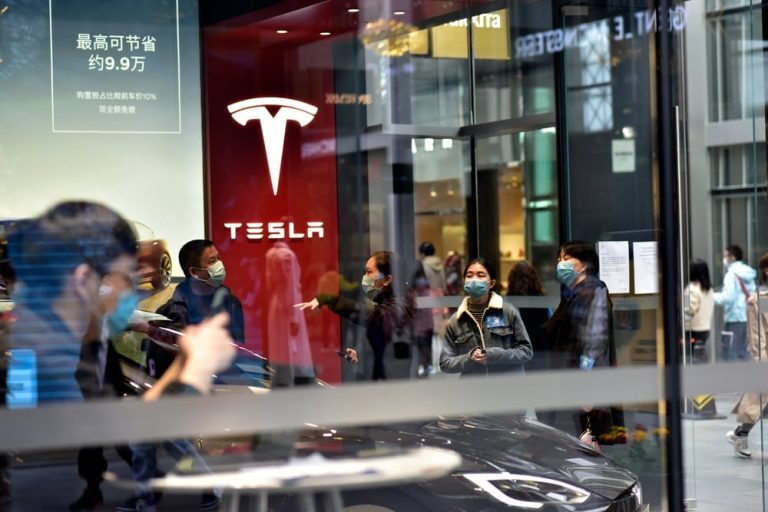the main points:
- Tesla CEO Elon Musk is considering a major shift in Tesla's founding, which could reshape the company's future.
- A Delaware judge recently invalidated a $56 billion pay package awarded to Musk in 2018, weighing in on that decision.
- An informal Twitter poll showed that 80% of respondents support moving Tesla's incorporation to Texas, which is seen as a reaction to the Delaware court's decision.
- Texas provides a more permissive regulatory environment regarding executive compensation and corporate governance, which may allow for significant bonuses without the restrictions imposed by Delaware.
- Legal experts raise concerns that the move could be seen as motivated by Musk's personal gain, which could violate fiduciary duties under Delaware law.
Tesla's visionary CEO Elon Musk has made a bold announcement that could reshape the electric car giant's future. After a controversial legal decision in Delaware, Musk is leading Tesla towards a major shift in its founding state. This article goes into detail about Musk's proposal, the implications of such a move, and the Tesla community's reaction.
$56 Billion Catalyst: Delaware Court's Impact on Tesla's Future
Recently, a Delaware judge invalidated a massive $56 billion pay package awarded to Musk in 2018. This decision was the catalyst for Musk's latest move. Tesla, now incorporated in Delaware, is facing a pivotal moment. Musk turned to X, formerly Twitter, to gauge public opinion about moving the company's incorporation jurisdiction to Texas. This idea was supported by 80% of participants in this informal poll. The move is a direct response to the Delaware court's decision. It highlights the growing tension between Tesla's management and the state's legal framework.
Texas Corporation Advantages
The proposal to move Tesla's founding to Texas is not just a knee-jerk reaction. Instead, Texas offers a more permissive environment regarding executive compensation and corporate governance. A key factor in this consideration is the less stringent regulatory landscape in Texas, especially regarding CEO compensation and liability. Thus, experts suggest that a Texas re-merger could allow Tesla's board of directors to give Musk, or any executive, significant bonuses. This could happen without the constraints of Delaware's fiduciary standards, which played a key role in the court's recent ruling against Musk's pay package.
Potential challenges and stakeholder perspectives
While moving to Texas may offer some advantages, it is not without challenges. Legal experts warn that such a decision could be seen as motivated by Musk's personal gain. This perception would likely violate fiduciary duties while Tesla is still subject to Delaware law. This perspective raises concerns about the implications for shareholder interests and overall corporate governance.
Elon Musk's proposal to move Tesla's founding to Texas represents an important moment in the company's history. The results of the proposed shareholder vote will be closely watched by investors, legal experts and Tesla fans alike.

